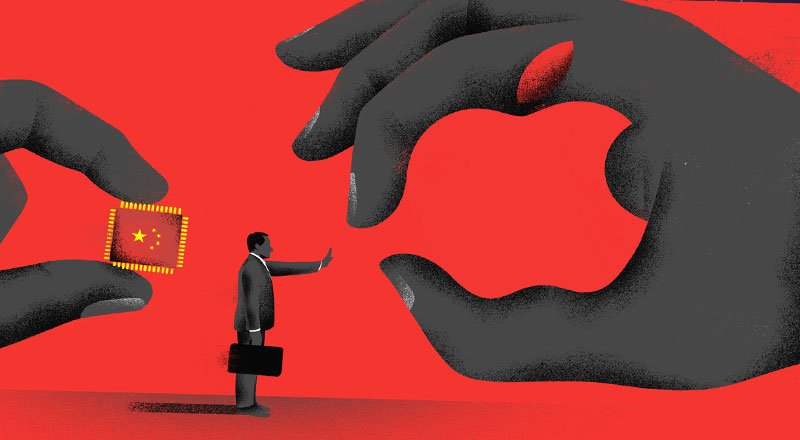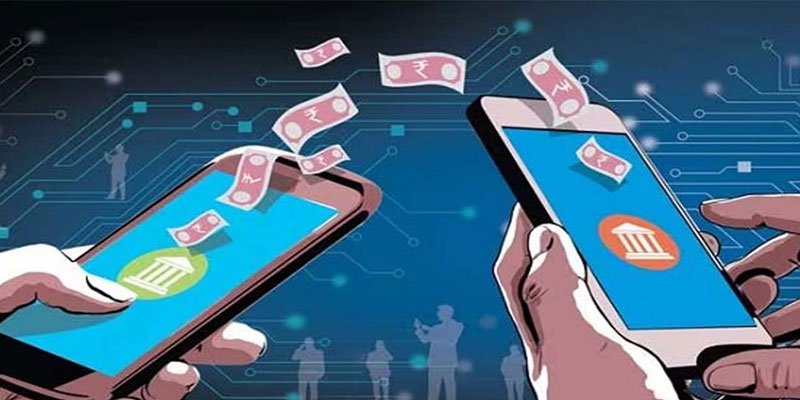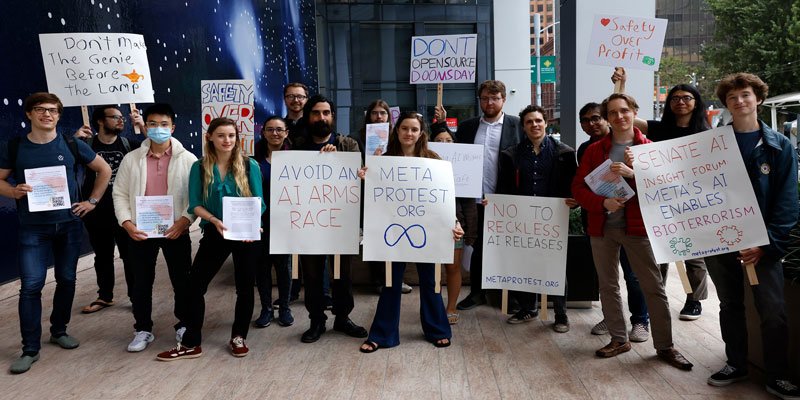
Apple's China Conundrum: Tariff Relief Masks Deep Dependency
Apple's recent reprieve from U.S. tariffs on electronics provides a temporary respite, but the tech giant's deep reliance on China's manufacturing ecosystem remains a significant challenge. While President Trump's trade policies aim to repatriate production, the reality of shifting Apple's vast supply chain is complex and fraught with obstacles.
The exemption, covering iPhones, computers, and other electronics, avoids immediate price hikes for American consumers and protects Apple's profit margins. However, the long-term stability of this exemption is uncertain, given the ongoing trade tensions between the U.S. and China.
Apple's relationship with China is deeply rooted. Under Tim Cook's leadership, the company harnessed China's vast, low-cost workforce, constructing a complex supply chain that employs over a million workers. This intricate network is a crucial economic link between the two nations, with Apple playing a pivotal role.
Cook has navigated the political landscape in both countries, securing concessions and making strategic investments to safeguard Apple's interests. However, relocating this massive infrastructure is not a simple task.
While Apple explores diversifying its assembly to countries like India and Vietnam, the core components of its devices continue to originate from China. The sheer scale and complexity of this supply chain make a swift transition impractical.
Furthermore, building an equivalent manufacturing base in the U.S. faces significant hurdles. The lack of a skilled workforce and the high cost of labor would dramatically increase production expenses. Some estimates suggest a fully American-made iPhone could cost upwards of $3,500.
Apple's deep integration with China's electronics sector stems from its early involvement in building the industry. Over two decades, the company cultivated relationships with over 1,000 Chinese suppliers, driving efficiency and cost reduction. Manufacturing partners like Foxconn established massive facilities, such as "iPhone City," highlighting the scale of this collaboration.
The challenge for Apple is balancing its reliance on China with the geopolitical realities of the U.S.-China relationship. While tariff exemptions offer temporary relief, the company faces a long-term strategic dilemma in diversifying its production and mitigating potential risks.






